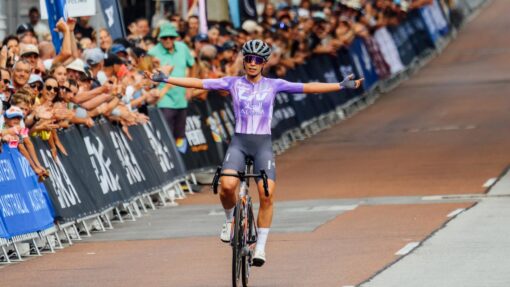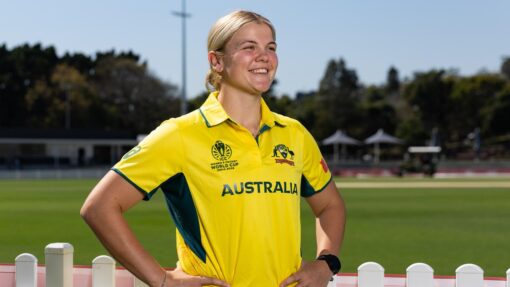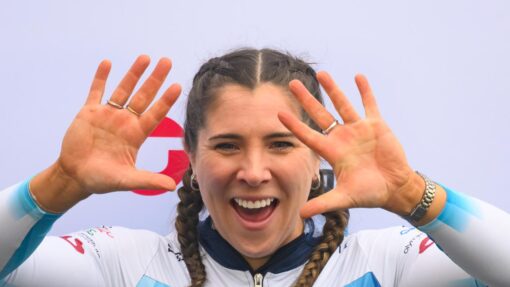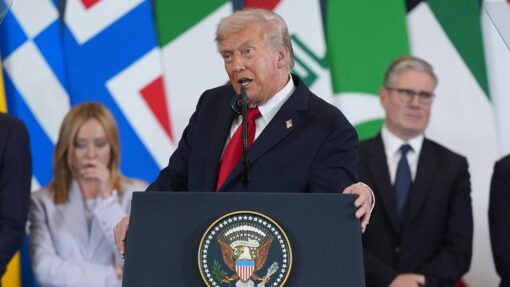LGBTQI support falls short at World Cup: soccer boss
Anna Harrington |
Football Australia pushed for captains to be able to wear an armband that better represented the LGBTQI community than those on offer at the upcoming Women’s World Cup.
The multi-coloured OneLove armband was banned at the 2022 men’s World Cup in Qatar, with captains made clear they faced sanctions.
For the women’s tournament, there are eight options including an ‘inclusion’ armband featuring some rainbow colours, but no messaging specifically references the LGBTQI community.
Matildas skipper Sam Kerr said earlier this month she wasn’t expecting proper rainbow armbands to be permitted and she wouldn’t put Australia’s World Cup hopes at risk by wearing a banned one.
FA chief executive James Johnson said while happy with the armbands agreed upon, Australia’s governing body would have liked support for the LGBTQI community to “go further”.
“Look, (regarding) rainbow armbands, we were at the table for that discussion with countries like England and Sweden as well, the Netherlands,” Johnson told reporters on Monday.
“It was important to us and we wanted to solve the issue before it became an issue because we know there were issues as the World Cup in Qatar was kicking off.
“Look, we welcome the armbands, the framework I should say, that FIFA put in place because it’s broadened, it allows players to select an issue that they care about.
“On the other hand, though, we do acknowledge that they didn’t go as far and specifically focus on LGBTQI. So we’re aware of that, our players are aware of that. Our voice in the process was heard as well as our players and we were always aligned with our players.
“Would we have liked to have seen it go a bit further? Yeah, of course, but we do have to recognise that there was movement made since the last World Cup and we welcome that.”
When asked whether FA were asked about what type of armband they wanted to see or presented with the eight options, Johnson said: “There’s different processes that took place.
“There was one where our players were involved in. The one that we were involved in, it was twofold – one was as the host and one was as an association that cares about these issues.
“I didn’t feel at any time that it was a process that had an outcome already defined.
“I saw, as did other countries, different evolutions of the armbands. “(From) where the conversation started to where it ended, there was definitely an improvement and I think that we’ve landed in a place that is acceptable.
“Having said that, though, it didn’t go as far as what we would have liked.”
AAP


